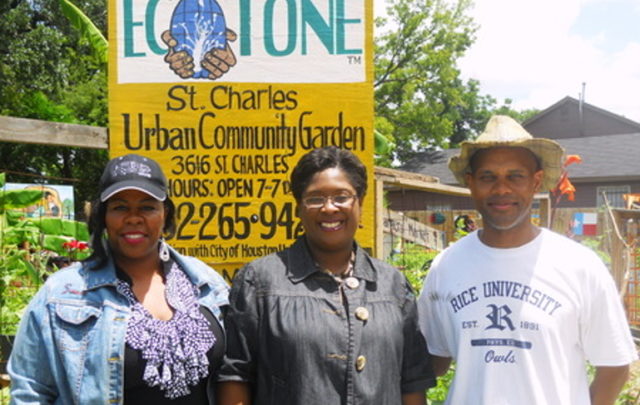Neil Thapar is a food and farm attorney. As lead for Sustainable Economies Law Center’s Farmland Program, he researches alternative legal structures and land-holding arrangements that promote affordability and long-term sustainable stewardship of farmland. He also builds partnerships with other farmland-focused organizations to learn about and address legal and policy challenges facing farmland conservation projects.
Food Justice in the Farm Economy Needs Community Capital
How can we secure food justice in the United States when 98% of all farmland is owned by White people? Successfully developing this future will rely on expanding access to capital for farmers of color beyond the conventional financing institutions that have, so far, failed to meet their needs.
August 23, 2017
The Future of Farmland: Grabbing the Land Back
Our guiding principle in exploring these possibilities is that the democratization of land ownership requires the democratization of capital. To reach this goal, it’s likely that all of the strategies discussed above – community control of land, worker ownership, and non-extractive finance – will need to work together in order to ensure an equitable and sustainable future for farmland.
July 18, 2017
The Future of Farmland (Part 1): The New Land Grab
Farmland REITs put profit over principle. As an investment tool, the primary goal of a REIT is to generate a profit for its investors. This means that all other considerations, including the needs of farmworkers, farmers, soil health, surrounding community, and watersheds are secondary to the profitability of the asset, if they are considered at all.
June 28, 2017
California Neighborhood Food Act Signed
On September 26, Governor Jerry Brown signed SELC’s Neighborhood Food Act, AB 2561, and several other bills seeking to promote local and sustainable food systems in California.
September 30, 2014





